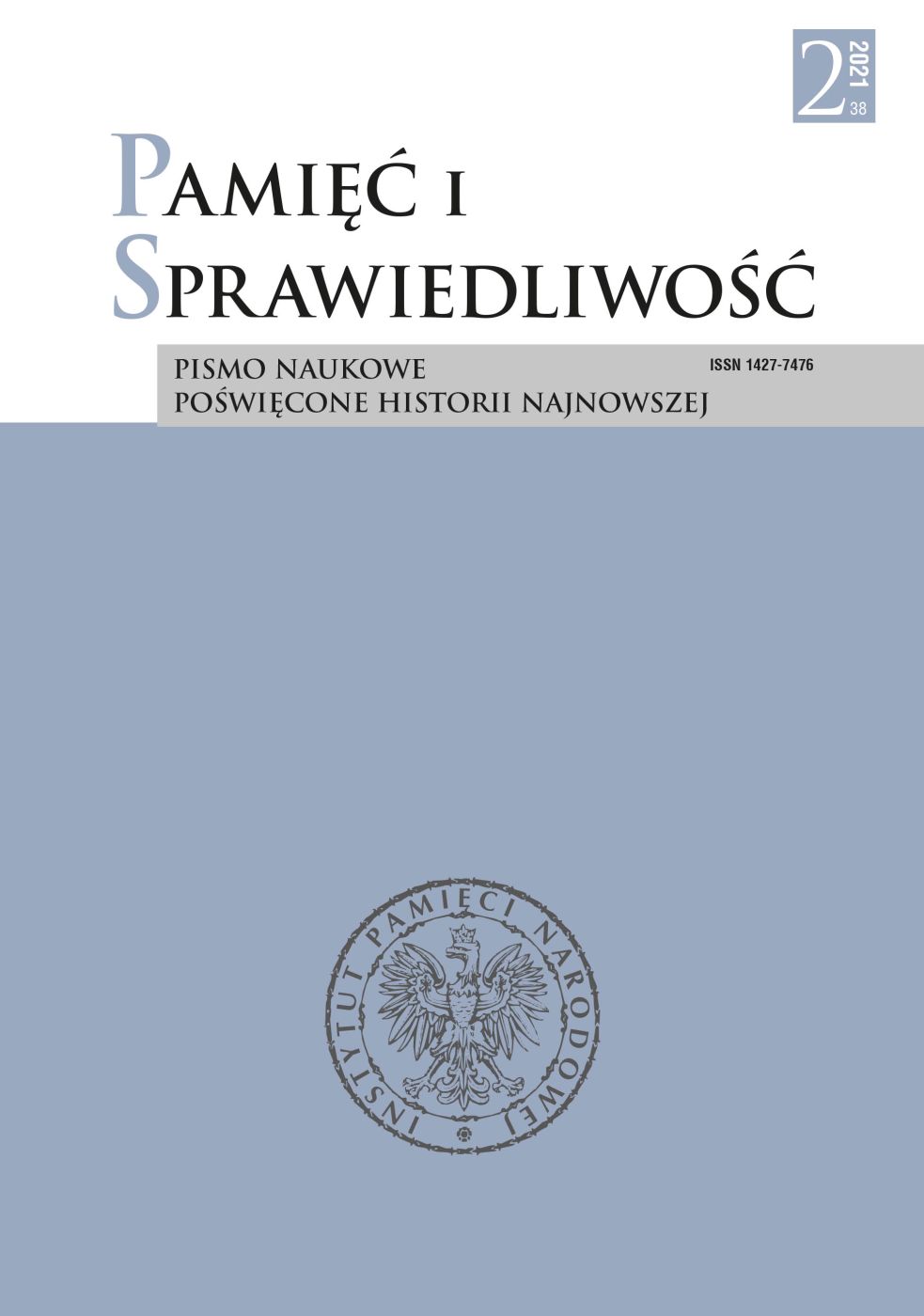Józef Piłsudski w systemie polskiej demokracji 1922 r.
Józef Piłsudski in the System of Polish Democracy of 1922
Author(s): Janusz FaryśSubject(s): Constitutional Law, Political history, Government/Political systems, Interwar Period (1920 - 1939), Peace and Conflict Studies
Published by: Instytut Pamięci Narodowej
Keywords: parliamentary democracy; Legislative Assembly; Head of State;
Summary/Abstract: In 1921, the construction of the Republic was crowned. The Treaty of Riga ended the victorious war with the Soviets, the internal situation was stabilized by the enacted constitution. However, until new parliamentary elections were held, the Sejm “by a passing act” decided that it would exercise power in the “existing scope”, and the Chief of State in accordance with the Small Constitution of 1919. Meanwhile, in the peaceful conditions of 1922, the functioning of parliamentary democracy showed the frailty of the system. All power was in the hands of the Sejm, which was politically fragmented. Both the centre-left and centre-right groupings had an identical set of 216 deputies, divided into numerous clubs competing for influence. There was no possibility of forming a coalition government, so the country was controlled by extraparliamentary cabinets. The role of the Chief of State was limited to a purely representative one. The system prevented any creative activity on the part of Józef Piłsudski, and had to lead to conflicts, which ended in December 1922 with the assassination of the first President Gabriel Narutowicz. The prudence of Piłsudski and other politicians saved the country from cataclysm. Polish democracy emerged from the crisis strained, but temporarily victorious.
Journal: Pamięć i Sprawiedliwość.
- Issue Year: 38/2021
- Issue No: 2
- Page Range: 64-82
- Page Count: 19
- Language: Polish

